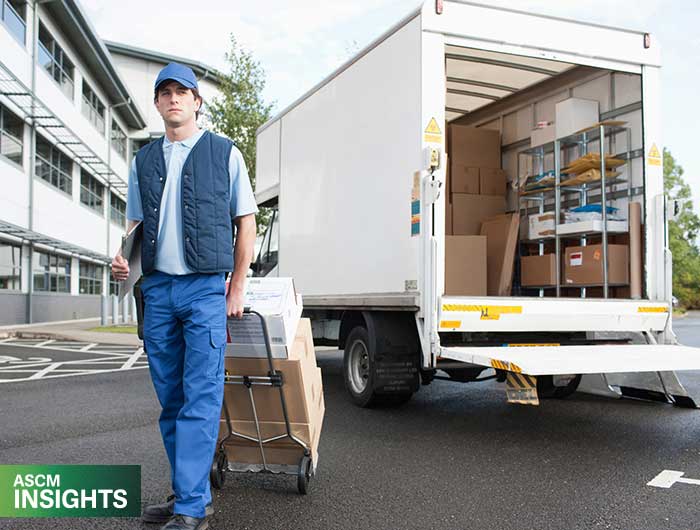At this late point in the season, most people who celebrate a December holiday have their shopping all wrapped up (pun intended). That’s good, because opportunities to purchase gifts online may have passed, leaving consumers with in-person retail. Interestingly, some sellers have doubled down on using their physical stores as fulfillment centers — something that gained popularity during the pandemic lockdowns — and are refining the process to be more efficient than ever.
Bloomingdale’s “omnichannel technology” offers customers the opportunity to check local store inventory, potentially saving them a lot of time and hassle. “The real-time inventory data platform allows customers to locate, purchase and receive products on the same day while browsing brand websites,” reports Retail Systems. Essentially, this practice cuts out the typical intermediary — in this case, the warehouse — to meet consumer needs and give them more control more quickly. Big-box retailers including Home Depot, Best Buy and Walmart have launched similar systems in the past, leveraging AI to power “real-time inventory management and live tracking systems for improved home delivery services and customer experience,” the story continues, making it faster and easier to buy that perfect gift.
Unfortunately, sometimes the gift isn’t quite as perfect as we hope. In fact, the National Retail Federation expects a returns rate of 17% this year, totaling a whopping $890 billion — up from 15% in 2023. The greater number of returns is a consequence of more online shopping, with an increase of 8.4% over last year, according to Modern Retail. And those returns are expensive, costing about $30 for every $100 spent, stemming from factors such as “discounting, transportation and the manual labor required to process and inspect returned items.” Historically, companies have been absorbing the costs of returns to gain loyalty with customers, but those days may be coming to a close.
“Reverse logistics companies like Happy Returns are preparing for an onslaught of online returns,” Modern Retail continues. Happy Returns, now owned by UPS, aims to lower costs for its partnering companies by “relying on a combination of robotics and automation, data-driven forecasting and user-focused design to handle the surges in returns volume during the peak shopping season” in exchange for a monthly fee. The service also allows people to ship back their unwanted gifts without a box or a return shipping label, improving the customer experience and reducing environmental impact.
And the environmental impact of high-volume of returns is significant. Per The Atlantic: “Many retailers determine that the cost of vetting and repackaging merchandise is too high to be worth it” and throw billions of pounds of returned products directly in the trash. Alternatively, about 60% of retailers choose to issue refunds for cheap goods but tell customers not to worry about sending them back. About 56% of retailers offer box-less, label-less returns in-store or at third-party locations, notes Supply & Demand Chain Executive. Other options include “diverting like-new goods to internal or external recommerce channels (54%) and consolidated shipping for returns (50%). And there’s always doing away with free returns entirely. According to The Atlantic, “Some stores, such as REI, JCPenney and DSW, are putting the onus on online shoppers by way of return or shipping fees.”
Education and collaboration for better supply chains
The shipping-returns quandary isn’t the only supply chain issue that requires innovation to meet the moment. That’s why ASCM is thrilled to announce that our annual conferences, formerly ASCM CONNECT, are evolving into something extraordinary: CHAINge! This brand-new conference experience is designed to equip supply chain professionals with the tools, education, insights and connections to shape the future of our industry. Register now for Brussels, Belgium, June 17-18; and Columbus, Ohio, September 9-10. Together, we can be the CHAINge-makers for a stronger, more resilient global supply chain community.



